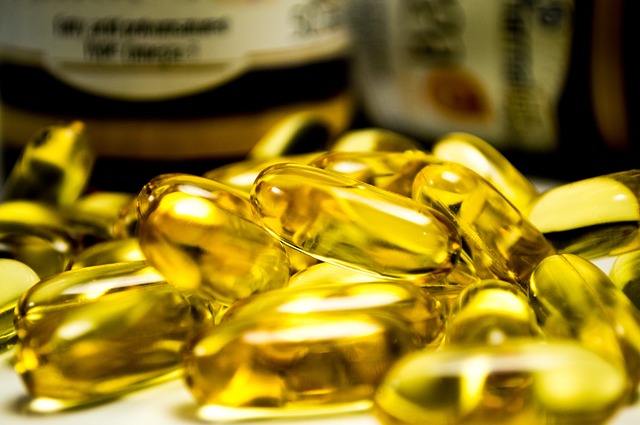Understanding the Importance of Lung Health Protection
Lung health is one of the most vital aspects of our overall well-being, yet it often goes unnoticed until problems arise. As we navigate through life, our lungs are continuously working hard to provide oxygen to our body and eliminate carbon dioxide. Protecting your lungs is not just about avoiding disease; it’s about enhancing your quality of life and enabling you to enjoy every breath you take.
Minimize Exposure to Pollutants
Air quality plays a fundamental role in lung health protection. Toxic fumes, allergens, and air pollution can lead to various respiratory issues. To protect your lungs:
- Check air quality indices before going outdoors.
- Avoid exercising in polluted areas, especially during high smog days.
- Use air purifiers in your home to reduce indoor pollutants.
Quit Smoking and Avoid Secondhand Smoke
If you’re a smoker, quitting is the most powerful step you can take toward promoting lung health. Cigarettes contain numerous harmful chemicals that significantly compromise lung function. If you’re not a smoker, protect yourself by avoiding secondhand smoke, which can also contribute to lung diseases. Support systems, like counseling and nicotine replacement therapies, can assist in making this critical lifestyle change.
Stay Active and Exercise Regularly
Physical activity is essential for maintaining lung capacity and overall health. Regular exercise strengthens your respiratory muscles and improves circulation, making it easier for your lungs to function efficiently. Engaging in activities such as walking, cycling, or swimming can positively impact your lung health protection by:
- Encouraging deep breathing.
- Enhancing overall stamina.
- Encouraging better oxygen utilization.
Practice Breathing Exercises
Breathing exercises can strengthen the lungs and enhance their effectiveness. Techniques such as diaphragmatic breathing and pursed-lip breathing are beneficial for increasing lung capacity and promoting relaxation. Incorporating these exercises into your daily routine can lead to significant improvements in how your lungs function.
Maintain a Healthy Diet
Fueling your body with nutritious foods supports lung health protection. Antioxidant-rich fruits and vegetables can help reduce inflammation in the lungs. Foods high in omega-3 fatty acids, like fish and flaxseeds, are also known to benefit lung function. Always aim for a balanced diet to give your lungs the best opportunity to thrive.
Stay Hydrated
Hydration is crucial in maintaining the integrity of your lungs. Drinking ample amounts of water helps to thin mucus in the lungs, making it easier to expel irritants and allergens. Aim for at least 8-10 glasses of water a day to support healthy lung function.
Regular Check-Ups
Routine health screenings are pivotal in catching lung-related issues early on. Schedule regular doctor visits, especially if you have a history of respiratory problems, to discuss any concerns and undergo vital tests like lung function assessments.
Ultimately, taking proactive steps toward lung health protection can have a profound impact on your life. By being mindful of the air you breathe, adjusting your lifestyle choices, and nourishing your body, you equip your lungs to serve you well for years to come. Breathe easy and cherish each breath!



